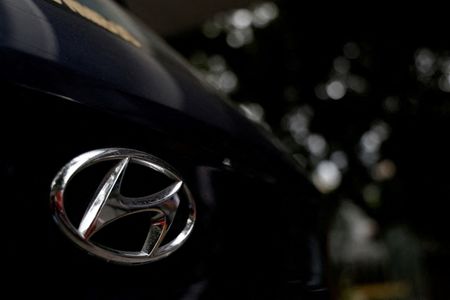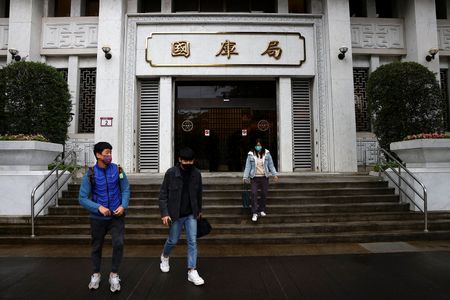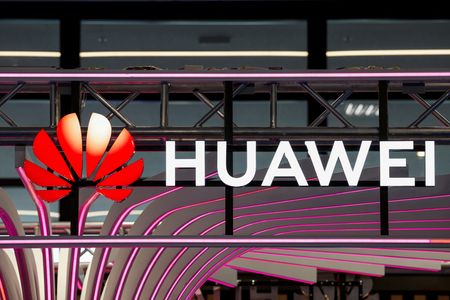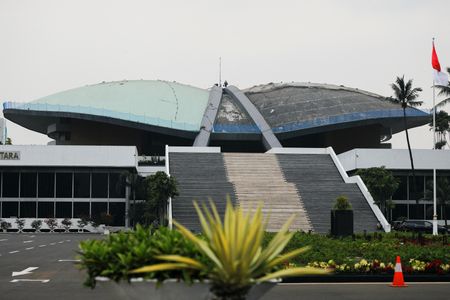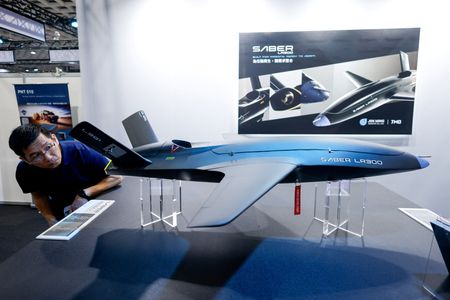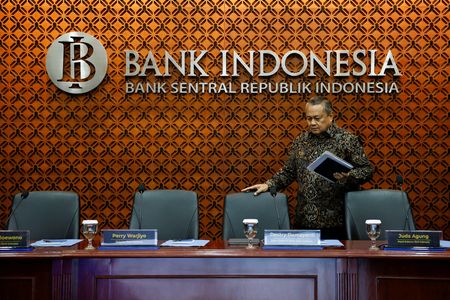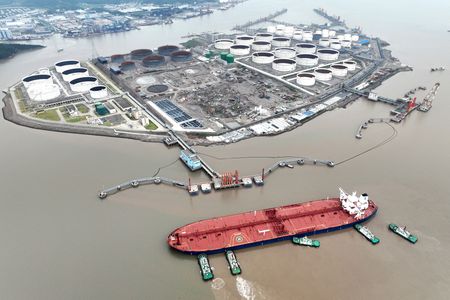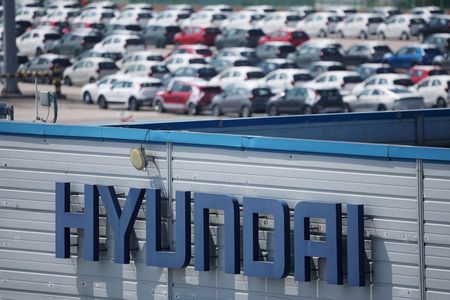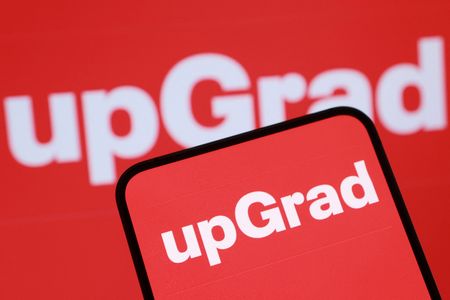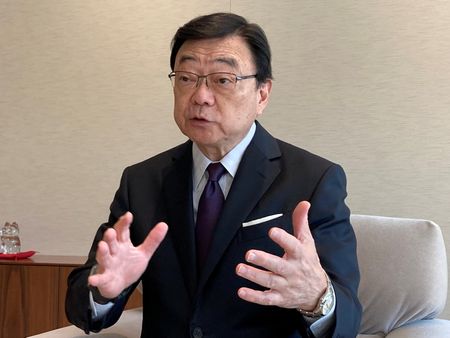By Heekyong Yang and Joyce Lee
SEOUL (Reuters) – Hyundai Motor said on Thursday it aims to produce more than 80% of the vehicles it sells in the U.S. in America by 2030 in response to U.S. tariff policies, as the South Korean automaker ramps up capacity at its Georgia plant.
The automaker said in a statement ahead of its CEO Investor Day in New York later on Thursday that it trimmed its 2025 operating profit margin target to 6-7% from a previously announced 7-8%, citing the impact of U.S. tariffs. The company said it still expects profit margins to improve to 7-8% by 2027 and 8-9% by 2030.
Hyundai Motor, which together with affiliate Kia Corp is the world’s third-biggest automaker by sales, said that its Georgia factory will reach a production capacity of 500,000 vehicles a year by 2028, with a mix of hybrid and electric vehicles (EVs).
Hyundai said 40% of its vehicles sold in the United States, its biggest market generating more than 40% of its revenue, were produced in America this year.
The automaker also plans to expand its global hybrid lineup to more than 18 models by the end of the decade, up from a planned 14 models announced last year, and will launch extended range electric vehicles (EREVs) in 2027 and its first mid-size pickup truck in North America before 2030.
The company said its Georgia factory will produce a mix of 10 hybrid and EV models.
On July 30, U.S. President Donald Trump said the U.S. will charge a 15% tariff on imports from South Korea, down from a threatened 25%, and reduce duties on automobile imports to 15% from the current 25%, in return for Seoul investing $350 billion in the United States.
Washington this week implemented a lower 15% tariff rate on imports of cars and auto parts from Japan, at a time when South Korea is still facing 25% tariff rates for autos.
Seoul and Washington have been struggling to overcome obstacles to finalise the trade deal agreed in July, with details around a $350 billion investment fund yet to be settled.
In July, Hyundai Motor said U.S. tariffs cost the company 828 billion won ($606.37 million) in the second quarter, and the impact will be larger in the July to September period.
(Reporting by Heekyong Yang; Editing by Ed Davies)

